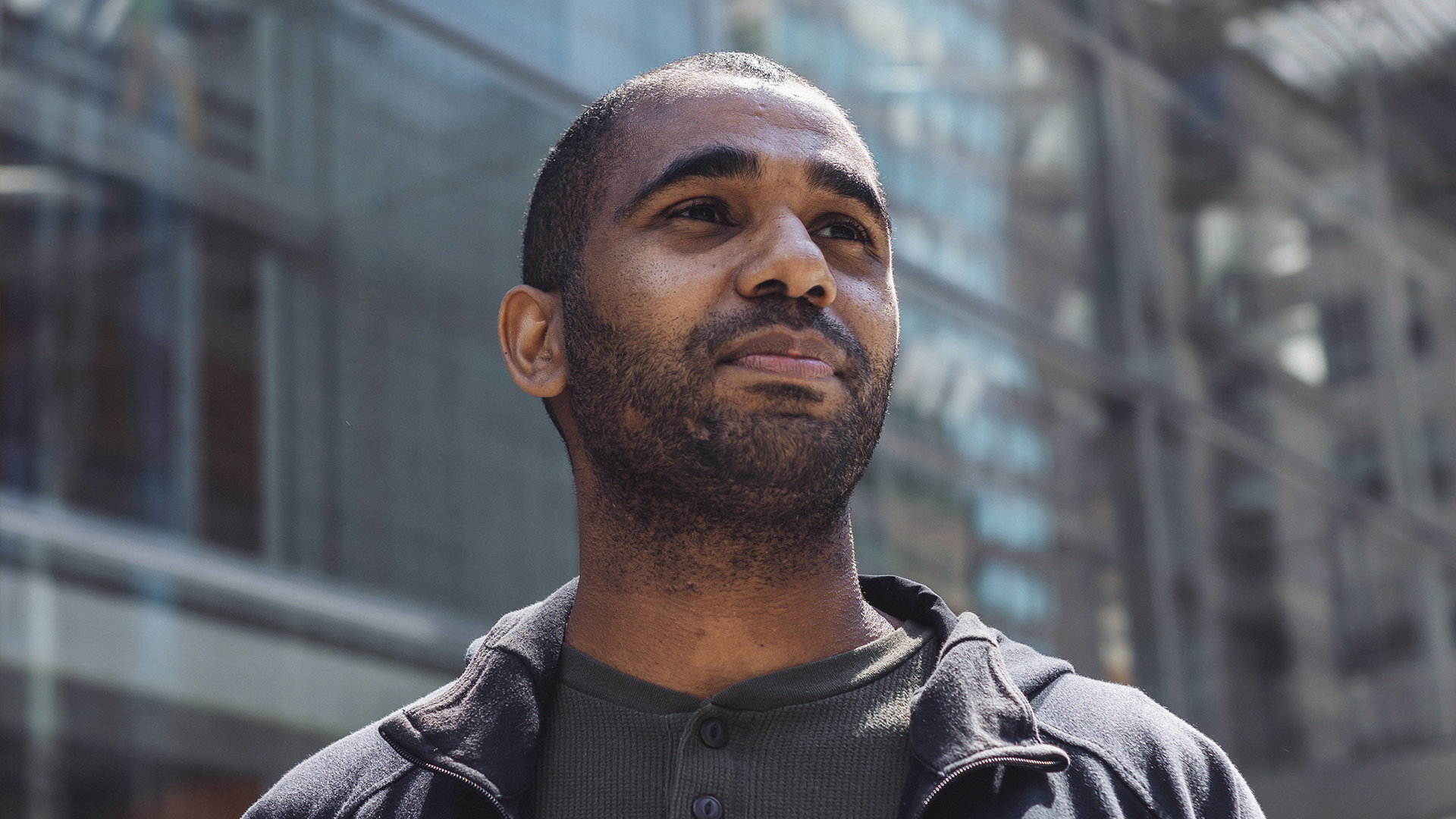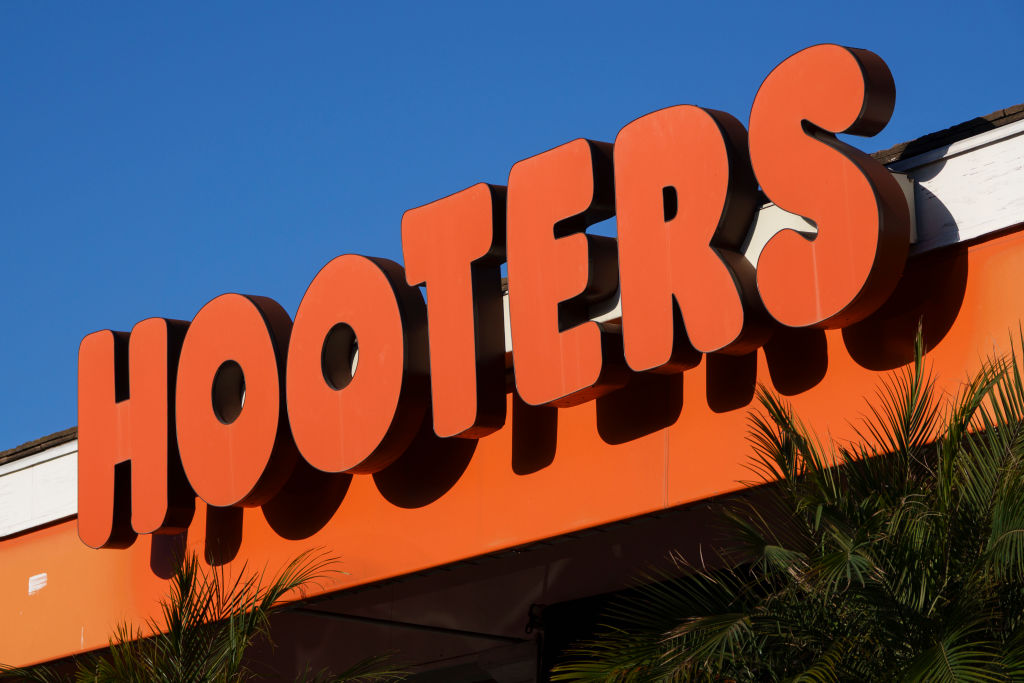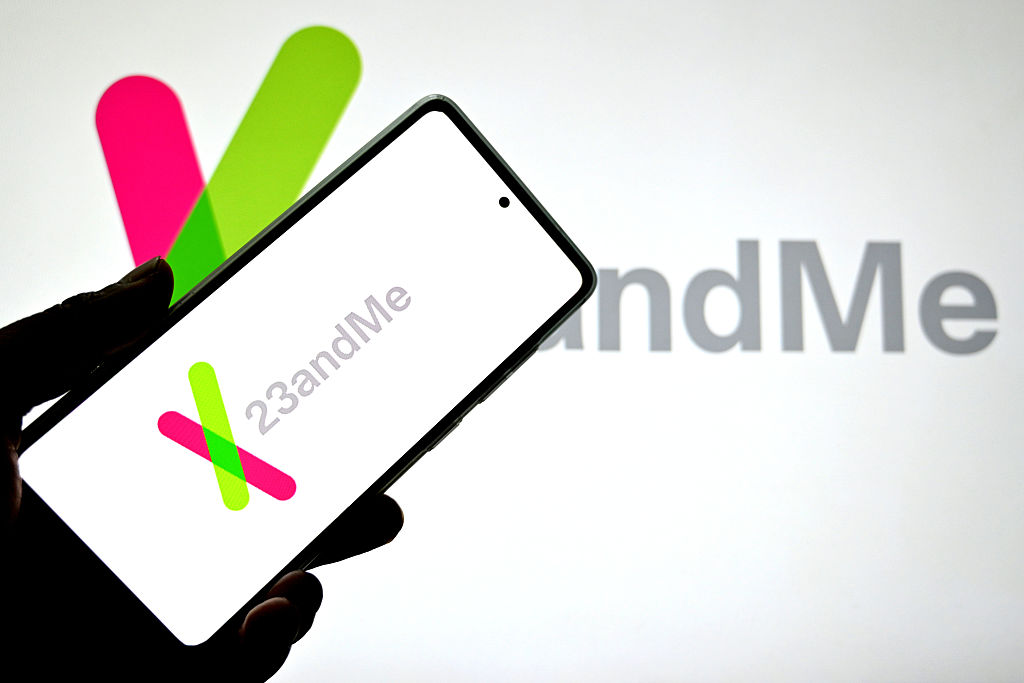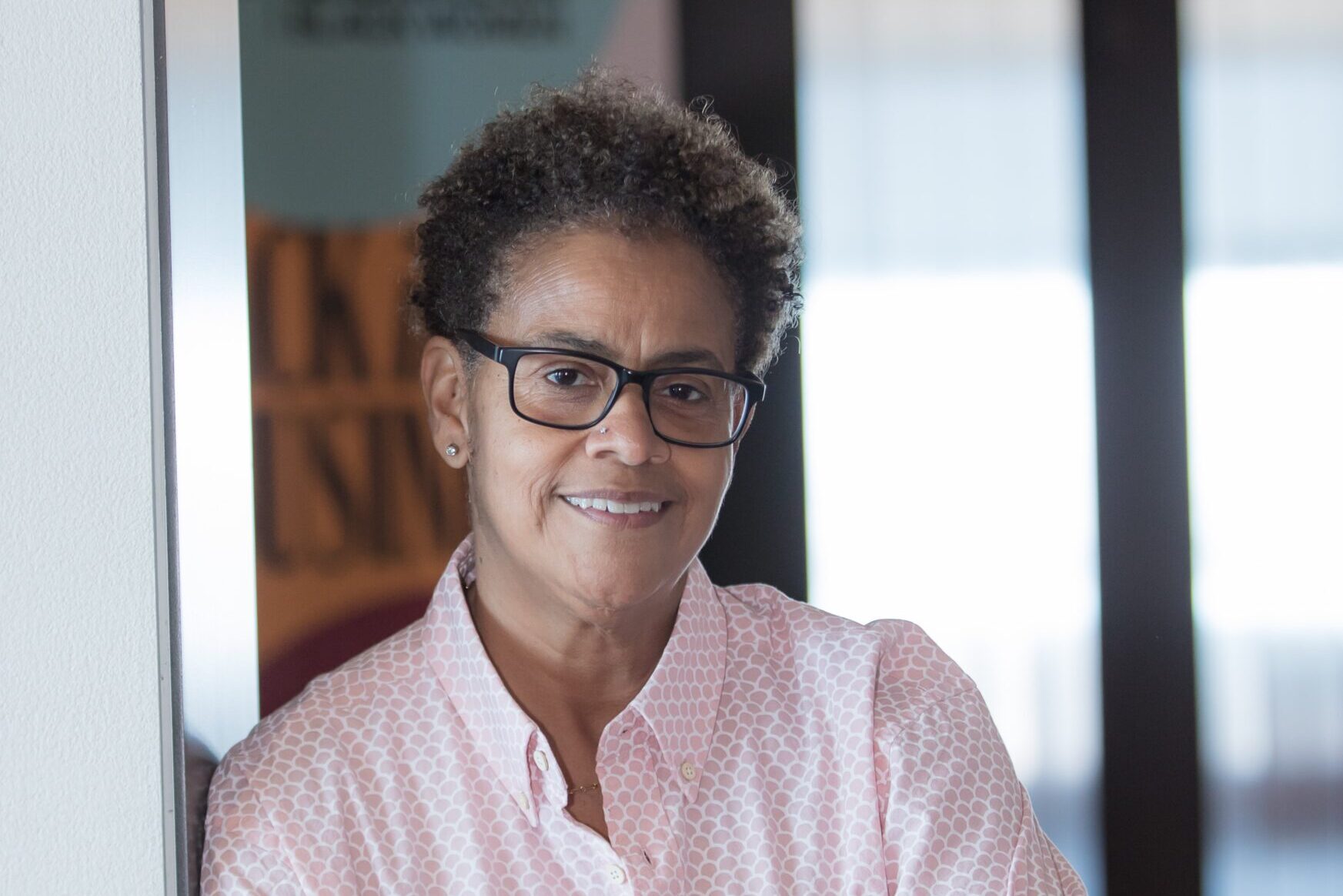Despite the odds being stacked against Coactive AI Co-Founder Cody Coleman, he has prevailed.
Humble Beginnings
During Amazon Web Service’s (AWS) re:Invent 2023, Coleman spoke with AFROTECH to detail his humble beginnings and his journey to launching a startup.
He was born within the prison walls of Monmouth County Correctional Institution in Freehold, NJ, and was swiftly placed in foster care before being adopted by his maternal grandparents. Additionally, he has no knowledge of his father to this day. Coleman’s mother was released from prison after one year of being incarcerated and she moved into her parents’ home, living under the same roof as Coleman.
“My grandparents, they had a big heart. They wanted her to come live with us and the family, but we didn’t really have anything. We just grew up on my grandparents’ social security, and then my biological mom got on welfare for me. It was starting from nothing,” Coleman told AFROTECH.
Spark For Computer Science
What would become his compass was education. Coleman attended a public school in South Jersey in a low-income area where, he says, his school’s ranking was 300 out of 322. However, he developed a keen interest in computers and gaming while in elementary school, which was supported by his half-brother, Shawn Clifton, who was 18 years older. As a freshman in high school, Coleman built his first computer.
“Even on my best days, my future looked really bleak. So, computers actually started out for me as an escape,” Coleman explained. “I was really interested in video games, and I could just lose myself in this completely other world. Then my oldest brother, he started at college, but he dropped out of college, and got a job working at the University of Pennsylvania. He helped me build my first computer and really showed me that I could go past playing video games and actually build and create things using a computer. That’s where the first spark for computer science ignited for me.”
Coleman recognized the power of computers as they had the ability to impact the masses, reaching billions globally with the click of a button. At his core, he says he has always been a builder, and this reckoning served as the blueprint for wanting to start his own company in the future.
“I was like addicted to legos and things like that. I was glued to the Science and Discovery channel. I just loved the idea of like building things,” he said. “After watching so much stuff, I wanted to go from an idea to actually creating something that was like tangible, that would have an impact on the world. And I thought the best way to do that would be to create a business.”
With his vision close to the sleeve, Coleman would aspire to attend Ivy League schools, such as Princeton University. He became salutatorian of his class and was accepted into the Massachusetts Institute of Technology (MIT) on a full ride in 2009. In 2013, Coleman graduated with a 4.9 GPA and obtained a bachelor’s degree in electrical engineering and computer science.
Learning The Ropes Of Becoming A Founder
However, Coleman was also looking to gain management experience because he wanted to become a founder. Rather than double major, he purchased several business books to acquire the knowledge necessary to start his business in 2021.
“One degree at MIT’s probably hard enough. So let me focus on electrical engineering, computer science, and get the management experience outside of class,” Coleman detailed. “So, I read a bunch of business books on everything, from books like ‘Blue Ocean Strategy’ about category creation, books on marketing, and ‘The 22 Immutable Laws of Marketing.’ I [used] my free time to get to a point where I could actually have that shot of doing it and actually be able to start a company. Starting Coactive AI is a dream come true to me. For me, this is something that I didn’t think was possible.”
Coactive AI
The company, created alongside MIT graduate William A. Gaviria Rojas, reflects a next wave of innovation in artificial intelligence (AI). According to its LinkedIn profile, the company helps data practitioners and data-driven teams extract information from unstructured image and video data, integrating it into the realm of Structured Query Language.
“When you think about how enterprises work with imaging video today, they have to tag the raw images and videos through either human or machine annotations, then load those annotations, which are nothing more than like a SEM file with a bunch of words into their systems, and then search based off those annotations,” Coleman said. “So it’s this, tag, load, search (TLS) process, but that’s a super expensive and slow, and just error-prone process that really hinders companies’ abilities to execute on the problems that they can solve and the value that they can reach out of their data.”
He added, “What Coactive does is we leverage AI to flip that process on its head with a load search tag (LST) approach, where we’re able to load and index the raw images and videos themselves, be able to process the pixel data, the pixels themselves, and make it searchable with no metadata, no tags whatsoever.”
Democratizing AI
Drawing on his experiences from working with the DAWN Project (Data Analytics for What’s Next) during his Ph.D. studies at Stanford University, as well as his contributions at Pinterest, Meta, and Google, Coleman is now working to democratize AI with the startup, which he hopes will one day hit unicorn status.
“I could see this thing that I loved about computer science in comparison to any other form of engineering; [it] was the fact that you didn’t need to have that much to get started and it was very accessible to anyone,” he expressed. “And I could see in 2016 that there was a path where AI, like the future of computer science and the future of kind of innovation, was going down a route where it’s only the most well-funded organizations and teams. I’d be able to actually unlock the power of AI and be able to create this next wave of innovative applications that would impact our everyday life and generate tremendous amounts of wealth.”
He continued, “So that’s where kind of the inspiration of Coactive was, to take the infrastructure and emerging playbook around AI that I was fortunate enough to see — through my work at Stanford and through my work at Pinterest, Meta, and collaborating with folks at Google — and create that foundation for actually being able to leverage this trifecta that is happening now between the big data movement, large language models, and then just like high-performance systems, and do all the heavy lifting in terms of infrastructure and tooling so that you don’t need to have a Ph.D., you don’t need to have kind of any special expertise. We can enable people that see problems and experience problems to remain experts, to actually go out and tackle those challenges.”
$14M Series A Round
Coactive AI’s vision was emboldened by a $14 million Series A round in March 2023 backed by investors such as Andreessen Horowitz, Bessemer Venture Partners, SV Angel, AME Cloud Ventures, Fei-Fei Li, Jure Leskovec, Eli Collins, Cloud All Star Fund, Next Play Capital, and Exceptional Capital, a news release mentions.
The funding has supported the startup’s operations, expansion, and development plans.
Cole notes that he opted away from the traditional route of securing funding, which he describes as a “shotgun wedding,” and it ultimately paid off.
“We took that time up front to do more of a relationship raise than the traditional fundraising tour,” Coleman told AFROTECH. “So, it took a lot more time to do it. It wasn’t one of these like intense like ‘Shark Tank’ kind of moments in terms of fundraising. It took us time to do it, but the time, has just paid dividends as we continue to scale and grow the company.”
AWS Activate
Coleman also adds the connections he made attending Standford were helpful as he was in the heart of California’s Silicon Valley, a breeding ground for various major technology companies. Additionally, he emphasizes the exposure he gained through AWS Activate in 2021. The company website mentions the program is designed to support startups by providing “critical resources and expert guidance, with the aim of providing scalable and cost-effective infrastructure.”
“With AWS we’ve never felt like we were alone, from the very beginning,” Coleman reflected. “They were offering services to help us build faster and like get up and run faster. That level of customer obsession and support as you’re building a company is critical… We’ve built a multimodal asset platform that makes it easy to search, filter and analyze visual content. And now we’re going out into the market, and it’s just been amazing to have kind of the co-marketing and co-selling support.”

















